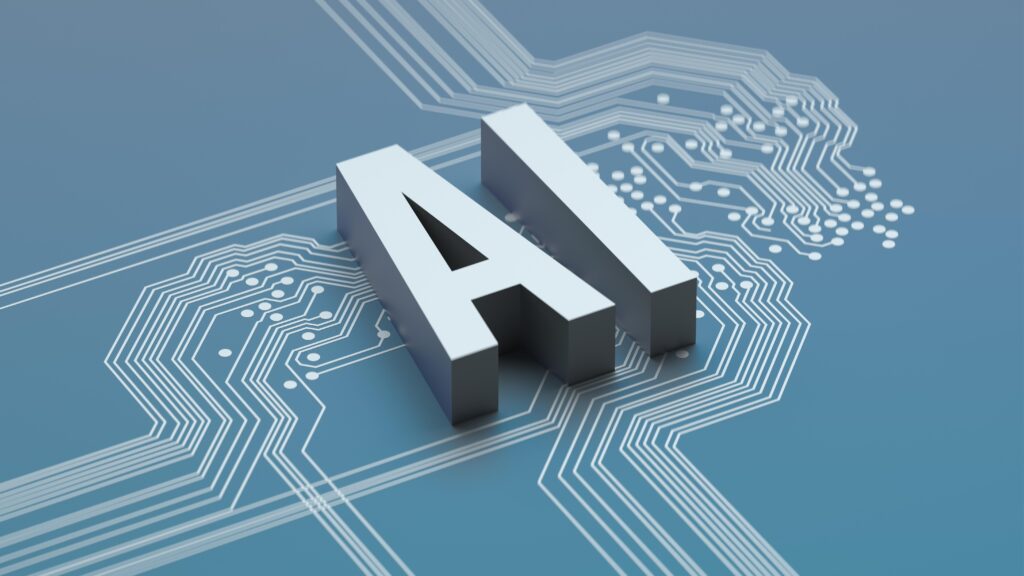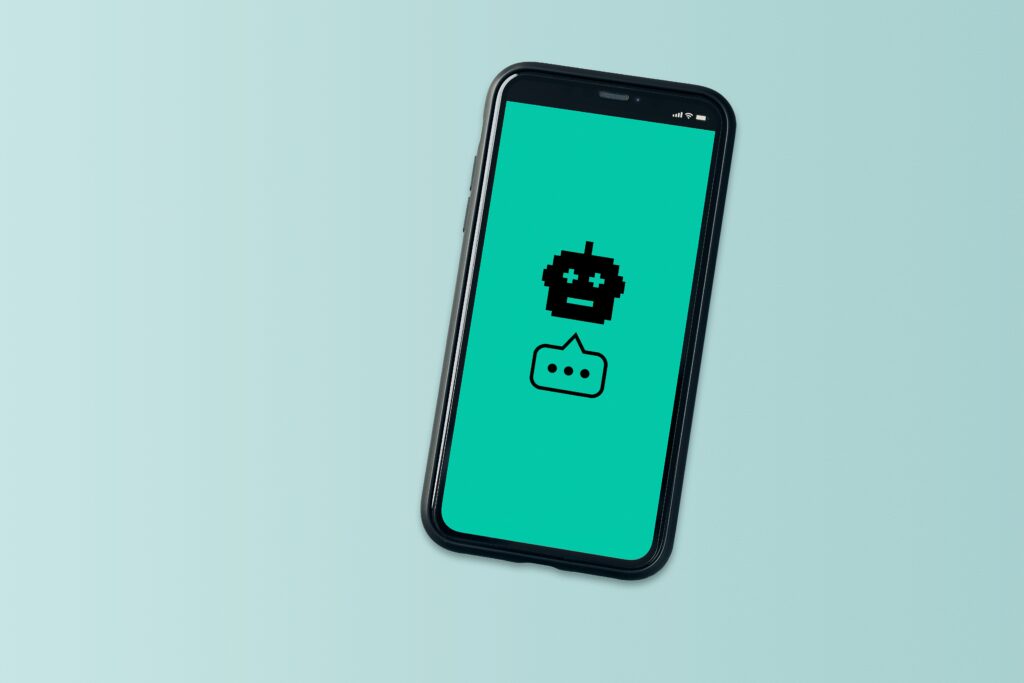Photo Credit: X(Twitter)/@suurmitshah/Pixabay
In a recent Twitter thread that gained significant attention, Suumit Shah, the CEO of Duukan, a Bengaluru-based e-commerce platform, ignited a fierce debate by announcing that his company had laid off 90% of its customer support staff, citing the superior performance of an AI chatbot. This move, intended to reduce customer support costs by approximately 85%, raises important questions about the impact of AI on employment and how individuals can navigate this rapidly changing landscape.
As reported by Kai Xiang Tea from Business Insider, Shah’s decision to replace the majority of his customer support team with a chatbot was met with skepticism online. Twitter and Reddit users questioned whether the layoffs were truly driven by AI’s effectiveness or if they were indicative of deeper financial challenges within Duukan.
Twitter user @adityarao310 pointed out, “The support team was laid off here because business is failing and funding is dry. Not because of AI.” This sentiment was echoed by many others who believed that economic factors played a more significant role in the layoffs than AI did.
While the debate rages on, it’s essential to recognize that AI is indeed transforming the job landscape across various industries. Shah’s decision might be seen as a drastic example, but it highlights the growing trend of automation replacing human roles.

The Evolution of Work: Embracing Change and Opportunity
The fear of job displacement due to automation is not new. Throughout history, technological advancements have consistently disrupted industries, leading to the emergence of new roles and opportunities. Today, AI and automation are poised to reshape industries, eliminating some roles while creating new ones.
Should humans be concerned about their jobs being taken away by AI? The answer lies in understanding the evolving nature of work and how individuals can adapt to this changing environment.
Understanding the Impact of AI on Employment
To navigate the impact of AI on employment, it’s essential to grasp both sides of the coin. AI has the potential to eliminate routine, repetitive tasks, freeing up employees to focus on more complex, creative, and strategic aspects of their jobs. However, this transformation also means that some roles will become redundant.
The Role of Upskilling and Reskilling
As AI continues to evolve, one of the most effective strategies individuals can employ is upskilling and reskilling. By investing in learning new skills that complement AI technology, individuals can position themselves as valuable assets to employers.
For example, acquiring expertise in data analysis, machine learning, or AI programming can open up new career opportunities. These skills not only make individuals more adaptable to technological changes but also enable them to collaborate effectively with AI systems.
Embracing Collaboration with AI
Rather than fearing AI as a job-threatening entity, individuals should consider it a powerful tool that can enhance their productivity and decision-making. AI can process vast amounts of data and provide valuable insights, allowing employees to make more informed decisions and solve complex problems.
In a collaborative approach, employees work alongside AI systems, leveraging their strengths to achieve better outcomes. This synergy between human intelligence and AI capabilities can lead to increased efficiency and innovation within organizations.
The Importance of Creativity and Innovation
While AI excels at repetitive and data-driven tasks, it still struggles with creative problem-solving and innovative thinking. Individuals can harness this advantage by focusing on developing and honing their creative skills.
By emphasizing creativity, innovation, and critical thinking in their career development, individuals can differentiate themselves from AI and contribute uniquely to their organizations.

Staying Informed and Adaptable
To thrive in an AI-driven job market, individuals must stay informed about AI developments within their industries. Continuous education and keeping up-to-date with emerging trends and technologies are essential.
The job market is dynamic, and adaptability is a valuable asset. Being open to change and flexible in career choices can help individuals remain resilient in the face of shifting job requirements.
A Perspective on Shah’s Twitter Announcement
Returning to Suumit Shah’s Twitter announcement, it’s important to recognize that his decision to replace human support staff with an AI chatbot may not be representative of every situation. While some companies may implement automation due to financial constraints, others may genuinely experience increased efficiency and reduced costs through AI.
Shah’s tweet has ignited a broader conversation about the role of AI in the workforce. While his approach may be seen as unconventional or even controversial, it underscores the broader trend of automation’s increasing presence in various industries.
AI and the Broader Job Market
Dukaan is far from the first company to announce layoffs as a result of AI. This trend is likely to continue, according to a May report by human resources firm Challenger, Gray, and Christmas. As technology continues to advance, more organizations will explore ways to automate tasks and reduce operational costs.
Conclusion: Adapting to the Future of Work
In conclusion, while concerns about AI taking jobs are valid, it’s essential to view automation as an opportunity for transformation rather than solely as a threat to employment. The evolving nature of work means that some roles will evolve, some may become obsolete, and entirely new roles will emerge.
To thrive in this changing landscape, individuals must proactively adapt by upskilling, embracing collaboration with AI, fostering creativity and innovation, staying informed, and remaining adaptable. By doing so, they can harness AI’s potential to their advantage, ensuring that they not only remain relevant but also play a crucial role in shaping the future of work.
While Suumit Shah’s tweet sparked controversy, it serves as a catalyst for a broader conversation about the intersection of AI and employment. As AI continues to evolve, individuals and organizations alike must prepare for the opportunities and challenges it presents.




